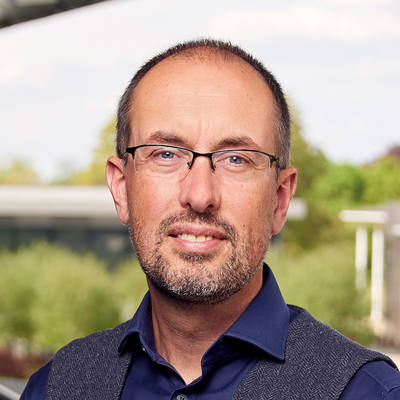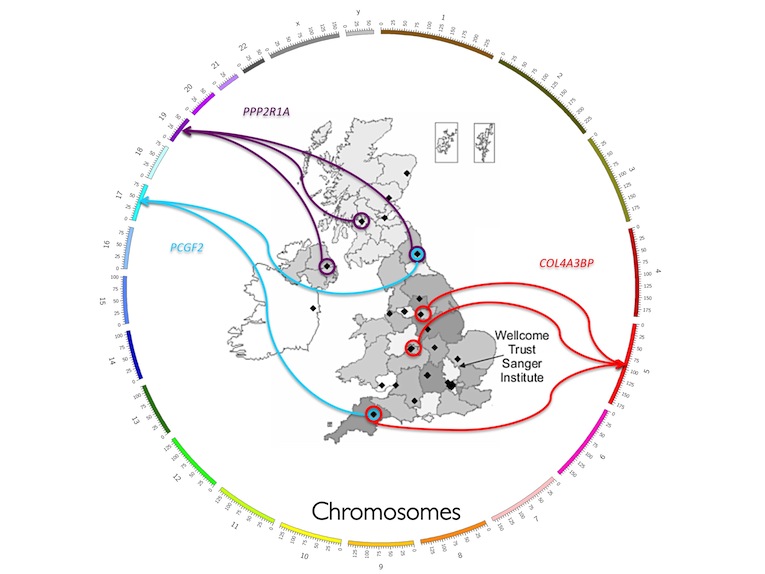
Professor Matthew Hurles, FMedSci, FRS
Director the Wellcome Sanger Institute and Senior Group Leader
I am fascinated by human genetic variation, its clinical impact, its underlying mutational origins and its potential to illuminate human prehistory.
I am dedicated to applying new genetic technologies to improve the diagnosis of patients with rare genetic conditions. I believe understanding the genetic causes of these disorders, and their underlying biological mechanisms, will give us fundamental insights into human development.
I lead the Deciphering Developmental Disorders (DDD) Study (https://www.ddduk.org), a collaboration between 14,000 families with children with severe, undiagnosed developmental disorders, all 24 clinical genetic centres in the UK and Ireland, and the Wellcome Sanger Institute. Together we are understanding the diverse genetic landscape of these disorders, and applying this knowledge to achieve improved diagnostic testing.
I also lead the Prenatal Assessment of Genomes and Exomes (PAGE) Study (https://www.pageuk.org), a collaboration between pregnant mothers and their partners, a network of UK Fetal Medicine Centres caring for these pregnant women and the Wellcome Sanger Institute. Together we are investigating the genetic causes of developmental anomalies that are identified during prenatal ultrasound screening, with the aim of improving the prognostic information that can be provided to parents.
The work of my research group has been characterized by rapid adoption of new technologies for assaying genetic variation, development of novel analytical strategies for making sense from large datasets and thoughtful application of these tools for advancing our understanding of human genetic diseases. More recently, our highly collaborative research has had increasing translational impact, resulting in genetic diagnoses for over a thousand children with previously undiagnosed developmental disorders, and leading to the founding of a start-up company (Congenica Ltd) to provide sustainable genetic diagnostic services to the NHS and other healthcare providers.
I believe we have a moral imperative to give patients and their families the opportunity to share their genetic data anonymously, to enable them to benefit from having the greatest possible number of researchers and clinicians analysing their data. Together with Helen Firth, I lead the DECIPHER initiative (https://www.deciphergenomics.org/) that is enabling rare disease patients to share anonymised genetic and clinical data globally.
My group is applying the latest technologies to edit the DNA of cells and model organisms to develop experimental models of newly identified genetic disorders that enable us to characterise the biology of the disorder, and to identify opportunities for developing therapies.
My timeline
Elected Fellow of the Royal Society
Appointed Honorary Professor of Human Genetics and Genomics, University of Cambridge
Received the European Society of Human Genetics Award
Elected as Fellow of the UK Academy of Medical Sciences
Became Head of the Human Genetics Programme at the Sanger Institute
Awarded the Crick Lecture (Royal Society)
Awarded the Balfour Lecture (Genetics Society)
Started group at WTSI
Completed PhD
My publications
